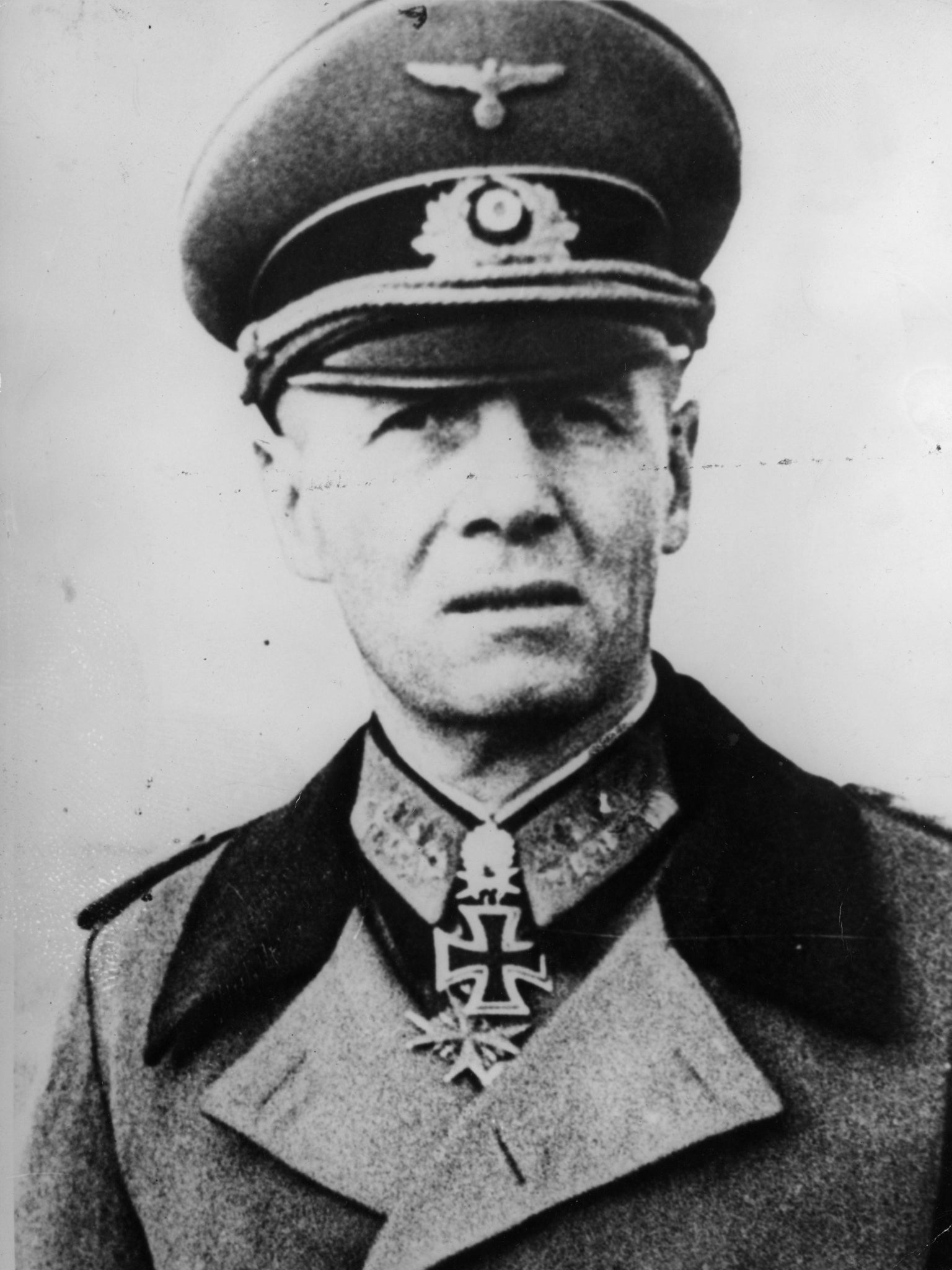Rommel, Rundstedt and Stülpnagel were on Allies' secret hit-list of Nazi assassination targets during World War II
Memo contains names of senior Gestapo officers in France and logistics experts thought vital to German troops ahead of D-Day landing

Your support helps us to tell the story
From reproductive rights to climate change to Big Tech, The Independent is on the ground when the story is developing. Whether it's investigating the financials of Elon Musk's pro-Trump PAC or producing our latest documentary, 'The A Word', which shines a light on the American women fighting for reproductive rights, we know how important it is to parse out the facts from the messaging.
At such a critical moment in US history, we need reporters on the ground. Your donation allows us to keep sending journalists to speak to both sides of the story.
The Independent is trusted by Americans across the entire political spectrum. And unlike many other quality news outlets, we choose not to lock Americans out of our reporting and analysis with paywalls. We believe quality journalism should be available to everyone, paid for by those who can afford it.
Your support makes all the difference.A top secret list of top Nazi figures to be assassinated ahead of the D-Day landings has been released by the National Archives.
The memo titled 'Assassination Priorities for Overlord' written by British political officer Charles Peake in 1944 contains names of senior Gestapo officers in France and logistics experts thought vital to German troops.
Included on the list are field marshals Erwin Rommel and Gerd von Rundstedt, Gen Carl Heinrich von Stülpnagel, and members of the Vichy regime.
The memo reads: "The Chief of Staff has asked me to look at this, and to advise him about suitable candidates to who attention might be paid, prior to, on and after 'D' Day."
Records show that the Special Operations Executive – Britain’s wartime sabotage organisation – hinted that some of their agents based in France "would be ready to have a shot at it".
Though MI6 were also asked to draw up a list of possible targets, concerns about the legality of the plan and fear of reprisals led to its quashing two days later.
Victor Cavendish-Bentinck, then head of the Joint Intelligence Committee said that, although he was not squeamish, the plan would cause revulsion.
He said: "The Germans may take reprisals on our prisoners, and at that game they always win."
Join our commenting forum
Join thought-provoking conversations, follow other Independent readers and see their replies
Comments